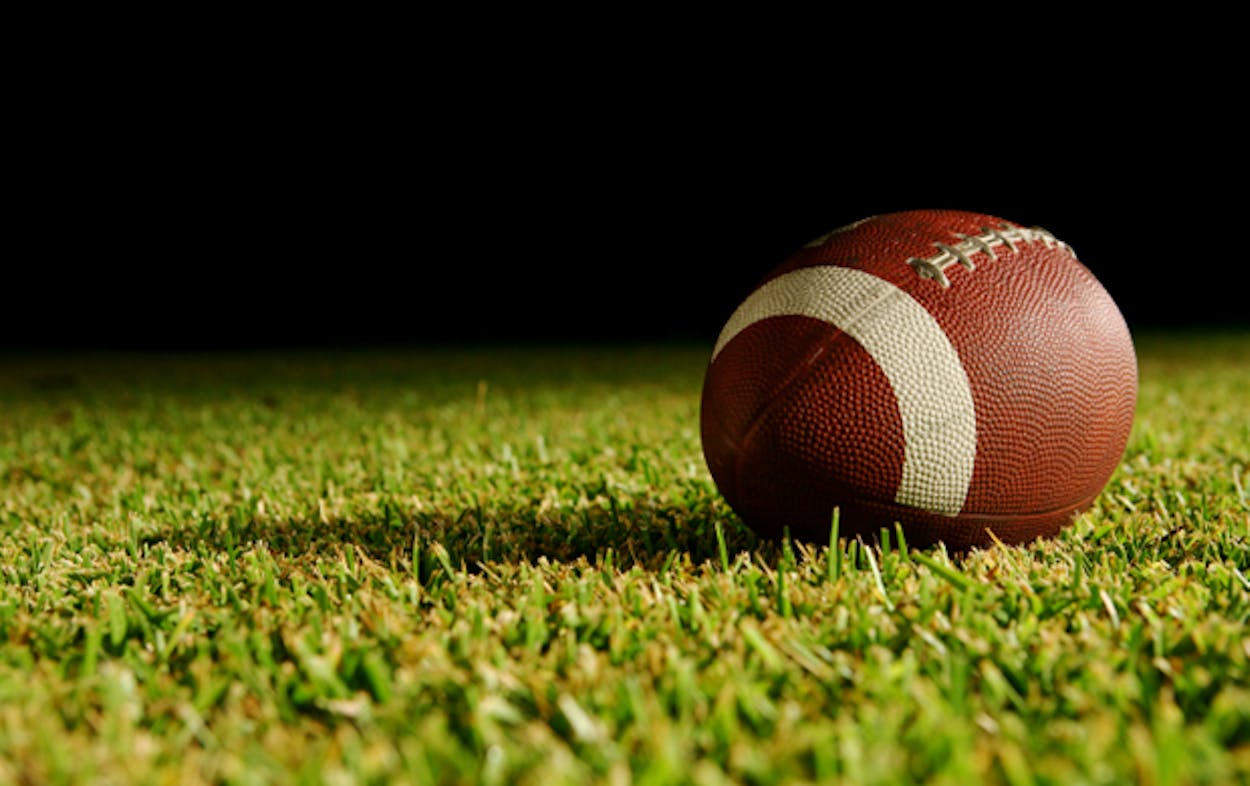After six years of associating the title Friday Night Lights with television’s fictionalized Dillon, it is finally—and unexpectedly—time to go back to Odessa. Without any advance fanfare, author H.G. “Buzz” Bissinger has penned After Friday Night Lights, a sequel to his classic, Friday Night Lights: A Team, A Town and a Dream.
The 1990 book about the Odessa Permian Panthers and Texas high school football is the story that began it all. It was turned into Peter Berg’s 2004 film (which was still set in Odessa) before transmuting into the beloved TV show (which may now transmute into another film itself).
After Friday Night Lights comes out Thursday via Byliner, the e-book specialists who also put out Jon Krakauer’s Three Cups of Deceit, the full-length version of Taylor Branch’s college football exposé The Cartel, and countless other works of original long-form journalism and short fiction.
The sequel tells a single story: that of Bissinger’s 25 year relationship with James “Boobie” Miles, who was simultaneously one of the original book’s biggest stars and its most heartbreaking figure. Bissinger says that his relationship with Miles is “the most lasting legacy of Friday Night Lights, or at least the legacy I care about most.”
As the description of the book at Amazon and iTunes summarizes:
“After Friday Night Lights” follows Boobie through the dark years he suffered after his injury right up to a present that is imbued with a new kind of hope. It is the indelible portrait of the oddest of enduring friendships: that of a writer and his subject, a “neurotic Jew” and a West Texas oil-field worker, a white man raised in privilege and a black man brought up in poverty and violence, and a father and his “fourth son.” Their story encompasses the realities of race and class in America. And reveals with heartbreaking accuracy how men rise again after their dreams are broken.
Byliner has also posted a brief excerpt. Writes Bissinger:
…we shared a year in our lives that forever changed us and created a bond that, no matter how elasticized, will never break. It is the most lasting legacy of Friday Night Lights, or at least the legacy I care about the most. Which is why I’m driving on Farm Road 1788 to Kermit, on my way to draw from him as he draws from me. I speak to him on the phone all the time, but I haven’t seen him in four years, and the time has come to see him again.
Boobie became iconic to many Americans because of Friday Night Lights—he was the book’s most talked-about character and a symbol of everything that was wrong with high school football because of the tragedy that befell him as a rising senior and the virulent racism directed against him afterwards. He became the country’s ultimate cautionary tale of what happens when a young athlete puts all his hopes in the false god of football.
The film version of Friday Night Lights, in which Boobie was played superbly by Derek Luke, metastasized him into a celebrity. A newspaper profiled a local resident simply because he once had blocked for the “famous Boobie Miles” in grade school. He was stopped for autographs in the malls of Odessa. Most recently, a popular rap song was released featuring the title “Boobie Miles.” His was an all too typical American celebrity, misleading because it didn’t move his life forward a single inch, destructive because it only made it a hundred times harder for Boobie to get a grip on the simple rigors of an ordinary life. “I ain’t tryin’ to be no big man, impress anybody,” he’s told me. “Just tryin’ to make it. That’s about all I can do.” I only hope he means it.
A longer excerpt from the book is also up at Grantland.
- More About:
- Sports
- High School Football
- Friday Night Lights







